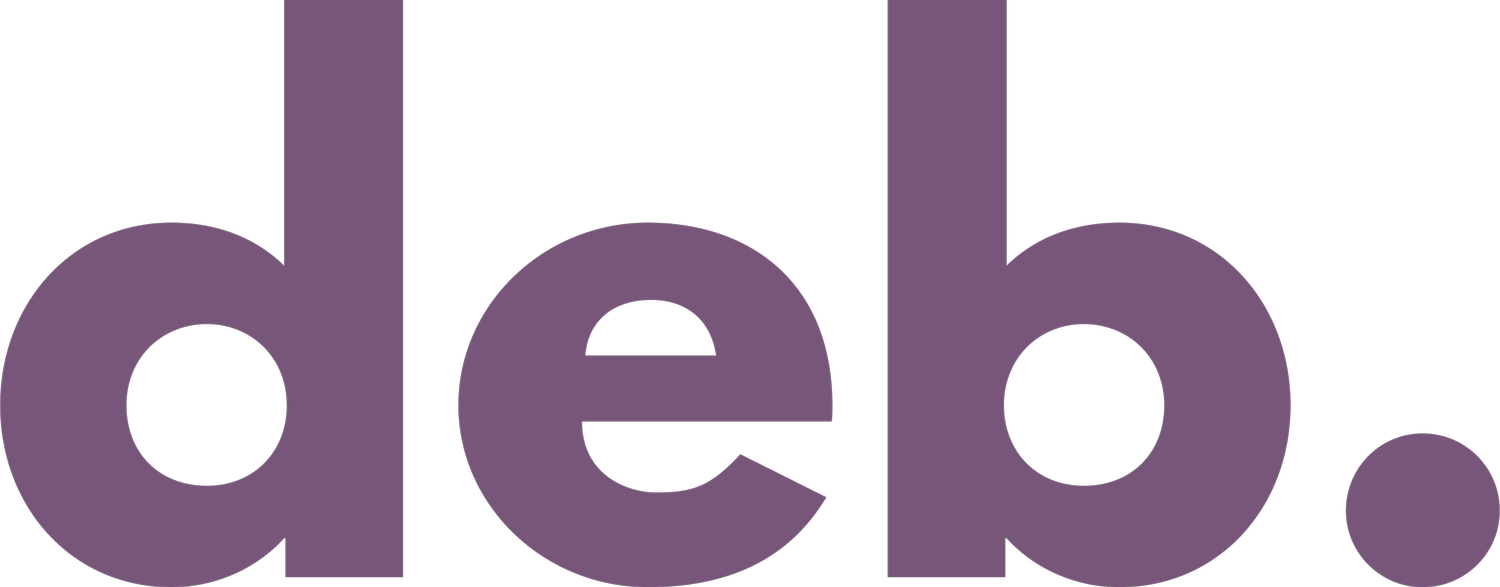Future-Proofing Nomination Committee Work.
In collaboration with Nasdaq, deb. recently hosted Sweden's first-of-its-kind event bringing together nomination committee members and board chairpersons, with representatives from 9 out of the 10 key players with the most nomination committee assignments in Sweden, to discuss the evolving challenges of board governance in this rapidly changing world. The focus was on ensuring that boards are equipped with the right skills and perspectives to create value for their companies and exploring how nomination committees can refine their processes to meet the demands of the future.
Topics discussed:
Future board competence: What skills will boards need by 2025 to navigate complexity and drive success?
The role of AI: How will AI impact board dynamics, and how can nomination committees leverage it effectively?
Chairperson's role: Understanding the role of the chairperson in the nomination process.
The event included a keynote on AI trends and competence-building by Peter Kurzwelly (AI Sweden) and a panel discussion with experienced nomination committee members and chairpersons: Patricia Hedelius (Nomination committee member and fund manager AMF), Anna Magnusson (Ownership Manager at Första AP-fonden), Jon Risfeldt (Chairperson of the Board for Knowit, Axentia Group, and CAB Group, and nominee for the Guldklubban Award 2024), Per Berggren (Chairperson of the Board for Castellum and Fondamentor), and Regina Sipos (Chairperson of the Board for Frilans Finans, Peafowl Plasmonics AB, and Mindmore).
Learnings extracted from the event:
Evaluating Nomination Committee Work:
Nomination committees should evaluate their own processes and outcomes, similar to how boards evaluate their work.
Include this requirement in the committee's formal instructions for accountability and improvement.
Board Evaluations:
Combine quantitative and qualitative assessments of board performance.
Committees should interview all board members and executives, including the CFO and auditors, to gain comprehensive insights.
AI tools can assist in summarizing board meeting notes and ensuring strategic questions are not overlooked.
Digital tools can add value by providing trends and actionable insights over time.
Strategic Focus:
Boards must dedicate time to develop a shared understanding of external trends and strategic challenges, supported by data-driven insights.
Committees should actively consider future skill needs and adapt board compositions to reflect them.
Succession Planning:
Plan for both long-term and immediate needs, ensuring continuity in leadership.
Committees and boards must embrace diversity and "out-of-the-box" candidates who can complement existing expertise.
A minimum threshold of 30% diverse representation is often required to drive meaningful change.
Transparent succession planning, including having a contingency for the chairperson, is critical for stability.
Additional Insights:
How to align the goals of owners, boards, and nomination committees for strategic clarity.
The potential of AI to improve scheduling and reduce conflicts during annual general meeting (AGM) seasons.
The dynamic balance between a board’s oversight role and its learning and development needs.
We’re excited to see these ideas in action, driving more effective and forward-looking governance across Swedish companies.
Big thanks to Suzanne Sandler, Andrew Suneson Meiling at MERIT500, Johan Forsberg at DigJourney, Maria Groschopp Dellwik, Rebeca Eneroth and Johan Schagerlind at Nasdaq for co-creating this beautiful morning.
Also thank you to all who participated and was part of making it happen!

